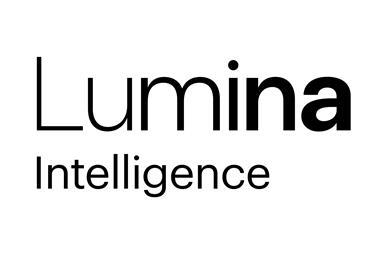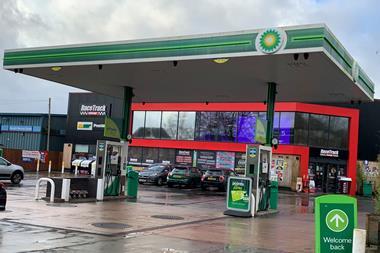The retailers involved in the Esso trial have been left shattered and confused by last month’s verdict, which – after a prolonged build-up, gruelling two-month trial, and anxious three-month wait for the judge to make his decision – ruled against them on Tiger Tokens and hot fuel; and left them with the prospect of going back to the County Courts to get individual judgements on the third issue of margins, fees and allowances.
Many are still coming to terms with the ruling, which in some ways is still yet to be confirmed because the cost hearing has been adjourned to a date after October 20. Only then will the full force of the judgement be clear.
At the moment the only thing that is clear, according to the retailers, is that
the thinking behind the judgement is anything but.
Since a roomful of paper has been created by the cleverest of legal minds over a number of years we’re hardly going to get to the bottom of it in this small space, but to give you the gist of the developments so far let’s look briefly at each of the issues, from a layperson’s understanding of them.
The first and most high-profile part of the case involved Tiger Tokens, the collection and reward scheme that Esso ran for 10 years from 1986. Esso was claiming amounts that it says were outstanding for promotional gifts sent to licensees, or redeemed Tiger Tokens. The central question was whether Esso was entitled to recover these costs. The licensees say it was not, because it fell outside the scope of the operating standards, and they didn’t agree to pay; also some wanted to reclaim amounts they had already paid for the gifts.
The judge ruled that any licensee who had operated the promotion and knew of its terms entered into a ‘scheme contract’, and therefore was liable to pay the cost of the gifts. But to what extent? That was initially not clear.
Throughout the case there has been a lot of reference to Esso’s intention that the overall net cost of the promotion to retailers is maintained at no more than 0.6ppg. However, at the hearing on July 25, the judge clarified the apparent confusion and made it clear it was his finding that there was no limit on the costs of promotional gifts to the licensees.
So, the retailers argue, on the one hand he has accepted Esso’s argument about 0.6ppg, but in the indication he’s given on costs he’s committed the retailers to an open-ended liability. Logically therefore, it would seem that on a contract to which the licensees were committed to a minimum of three years, they could be forced, if Esso so decided, to pay for promotional gifts an amount that equalled or even exceeded the fixed margin on fuel which they obtained on resale at a price dictated by Esso.
On the issue of fees, margins and allowances, many licensees were counter-claiming for what they say were wrongful reductions of fuel margins or operating cost allowances, or wrongful increase of shop fees.
The judge ruled that Esso was entitled to adjust these margins as long as it did not do it “capriciously” and did not compromise the retailers’ businesses.
Well who could be the judge of that? How does a retailer determine what mood Esso was in when it made the changes and which particular one put them out of business? Which is why these cases will have to go back to lesser courts to decide the individual merits of each circumstance.
The retailers had been expecting that the judge would make a generic ruling on the licence agreements since the basic issue was the same in each case. Many believe the judge has “copped out” on this.
On the hot fuel issue, where licensees are claiming compensation for under-delivery of fuel, the judge ruled that Esso was not in breach of contract in delivering fuel at a higher than ambient temperature at the time of
loading into the delivery vehicle.
Again, the feeling is the judge has ducked out of deciding whether established industry-wide practices are right or wrong, and has opted for the line that nothing was wrong because that’s how it’s always been done.
Whether this issue should have been tackled in this court, and in the manner it was, is another argument. But on this issue at least, there is some clarity – that’s the end of it.
In the meantime, on the other issues, roll on October.





























No comments yet